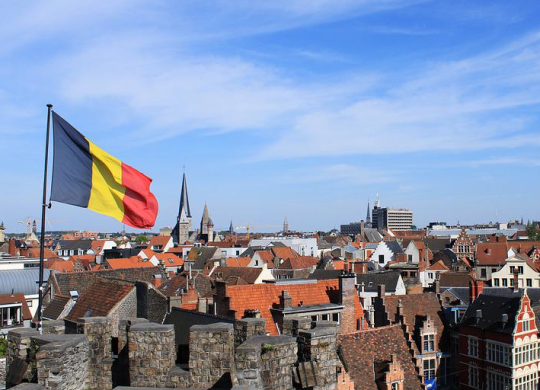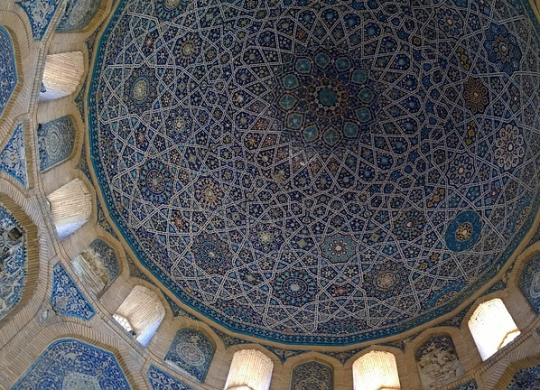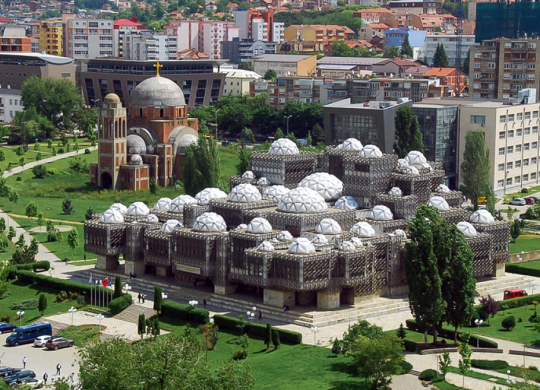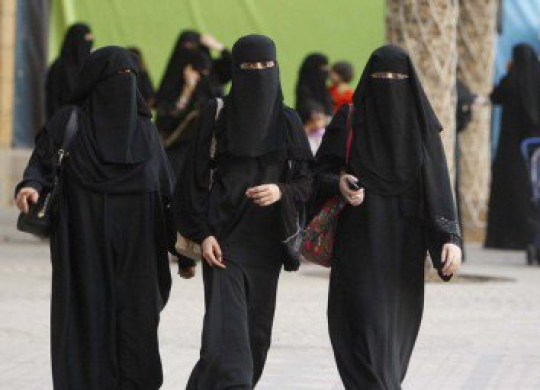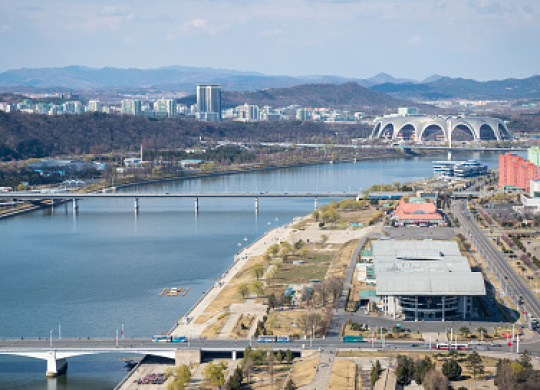
North Korea, or the Democratic People's Republic of Korea, is a totalitarian country based on an ideology that is a fusion of communism and the region's traditional beliefs in rulers as divine emissaries. Although official atheism does not allow propagandists to speak of the divinity of leaders, their figures are closely linked to mythological and real Korean sacred places and folkloric ideas (e.g. propaganda reported that the death of the previous leader Kim Il Sung was mourned even by animals in the woods).
The country is characterized by such ideological manifestations as extreme isolation ('Iron Curtain'); strident propaganda that rejects capitalist lifestyles and promotes life in the DPRK as the most correct; militarism and extreme hostility towards the US and its allies; and mutual spying among citizens.
Despite its confrontation with the West, the DPRK maintains diplomatic relations with 43 countries around the world, but there are actually more: the absolute majority of countries in Asia, Europe, and Africa, as well as most countries in South America and Oceania. There are simply embassies and consulates that serve citizens of several countries. Overall, it should be pointed out that under the young Kim Jong Un, educated in Switzerland, North Korea has become more open not only to its allies, such as Russia and China but also to Western countries. In general, the ideology is moving away from total militarisation and this can be seen in the general image of ordinary citizens - instead of stylized military outfits, bright T-shirts are becoming more popular.
However, there is still a problem with food in the country, although the supply of goods in the shops is increasing thanks to supplies from Russia and China, citizens still use food cards to get food – mainly rice and vegetables. On holidays, the country puts a small amount of meat, sweets, and alcohol in grocery bags.
The way of life of Koreans can be summarised in the following overview:
- high corruption of the government and social sphere,
- disruptions to the water supply and electricity networks in multi-apartment buildings, local residents using electric batteries for household appliances,
- food ration cards, lack of quality products in shops for ordinary workers,
- high level of propaganda and populism,
- high level of distrust among local residents towards each other,
- low salaries for ordinary workers - $3 per month,
- the low number of private cars and low turnover in the private housing market,
- a feeling of general despondency that contrasts with the vibrant streets of South Korea, Japan or China,
- there are amusement parks, but generally, festivals and celebrations are dedicated to propaganda purposes.
Is it possible to obtain a permanent residence permit
North Korean legislation does not provide information on obtaining a permanent residence permit in the DPRK. However, you can undergo a naturalization procedure. You will need to submit an application to the Presidium of the Supreme People's Assembly for this purpose. The chance of obtaining citizenship is very low and, in addition, dual citizenship in the DPRK is prohibited.
Despite the fact that in North Korea both the authorities and the population are very distrustful of foreigners, they sometimes make exceptions for foreign soldiers, officials, or bloggers who are prepared to promote the communist lifestyle and talk about how awful and cannibalistic capitalism is. Such people are usually allowed to stay in the country and lead a public life.
A more realistic way to live in North Korea is to work for a company or start your own business. To travel to the DPRK, you must obtain a work visa. For a business trip to the embassy, you need to submit, among other things, an invitation letter from a North Korean company and, for long-term employment, an approval document from the company.
There is an article on idleness in the DPRK, which means that absolutely all adult citizens work there – in companies or in work camps, so highly specialized professionals are invited to work there.
You can live in North Korea if you open your own business - a special visa is issued for this. However, it cannot be a small business – the economy is designed for large companies and in the form of a 'joint venture', where part of the business will be controlled by the state. The most profitable industries, such as construction, have already been occupied by the Chinese, but the DPRK still needs an inflow of foreign currency, so it is cautious to welcome Western investors and entrepreneurs. High technology, natural resource development, infrastructure projects, and scientific research are among the industries in demand.
Doing business in the DPRK is tough due to the high level of corruption and total control by the authorities. However, if you can find a state-owned corporation to become a partner and issue a visa to the country to do business, it is possible to live in the DPRK. To simplify economic cooperation with foreign investors, the country's authorities are creating free economic zones. However, it should be understood that the DPRK does not have highly developed precision technology, so equipment will have to be purchased.
Local small businesses sell simple food – noodles and rice, set up hairdressing and massage salons, open pharmacies, and some sell fake Chinese petrol or illegal moonshine.

